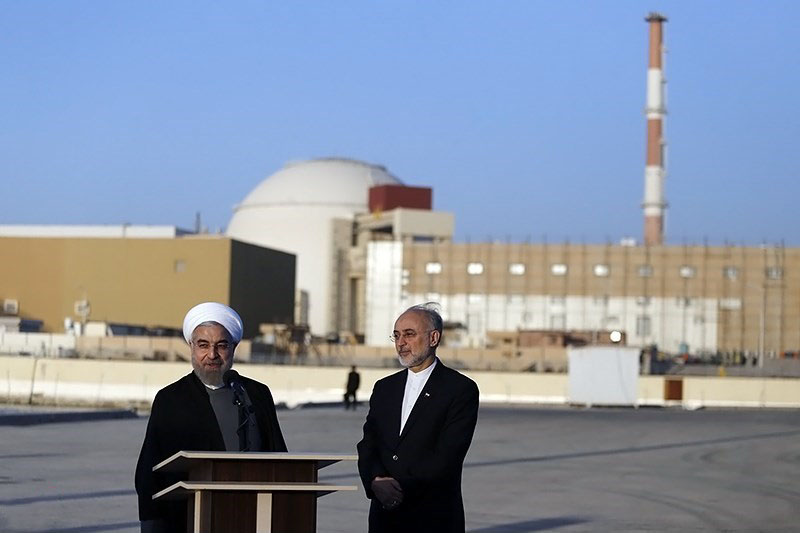TEHRAN (Parliament Politics Magazine) – Imminent European proposals to resurrect the nuclear deal between the West and Iran including the release of frozen Iranian funds worth billions of dollars and oil exports in exchange for Iran curtailing its nuclear programme.
Sources familiar with the proposed agreement informed Al Jazeera Arabic that the new arrangement will be carried out over the course of four phases spread over two 60-day intervals.
Iran recently expressed hope for reaching agreement on a revised Joint Comprehensive Plan of Action (JCPOA) of the nuclear deal of 2015 with the US and other foreign powers.
Mohammad Marandi, Iran’s negotiation team adviser, stated earlier this week that they were closer than they had ever been to reaching an agreement and that the remaining issues were not particularly tough to settle.
The US gave its approval to the “final text” plan for the agreement that the European Union delivered last week, and it has stated that it is prepared to rapidly seal the deal if Iran accepts it.
Sources with information of the matter said that according to the proposal, sanctions against 150 economic institutions and 17 Iranian banks will be eased the day after the agreement is signed.
The proposal also states that Tehran would immediately start to undo the steps it has taken to advance its nuclear capabilities, which is no more in the scope of what the International Atomic Energy Agency, the UN nuclear watchdog and 2015 agreement’s original signatories believe is acceptable.
The amount of enriched uranium in Iran’s stockpile has increased from the 3.67 percent cap imposed by the 2015 agreement to 60 percent enrichment, which is the highest level ever. To create a nuclear bomb, enrichment at 90% is required.
Iran will be able to export 50 million barrels of oil a day within 120 days of the deal’s signing. The insiders inform that the agreement also calls for the release of $7 billion from Iran’s coffers, which currently are being held in South Korea.
120 days after the signing, the resurrected Iran nuclear accord will permit the export of 2.5 million barrels of oil a day.
If the US withdraws from the nuclear accord once more, as it did in 2018 under the previous government of President Donald Trump, it will be required to pay a penalty.
With a resurrected nuclear agreement, the US and the deal’s other signatories— China, France, Germany, the UK and Russia, collectively known as the P5+1—seek to restrain the nuclear programme and avert what some fear may be a Middle Eastern nuclear weapons crisis.
Iran claims that its operations are legal and consistent with its sovereign right to a civilian nuclear programme and that its goals are benign.





